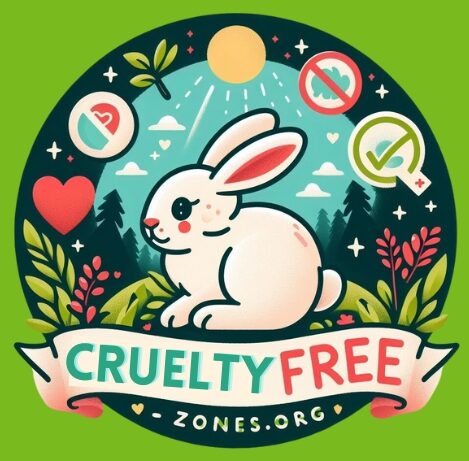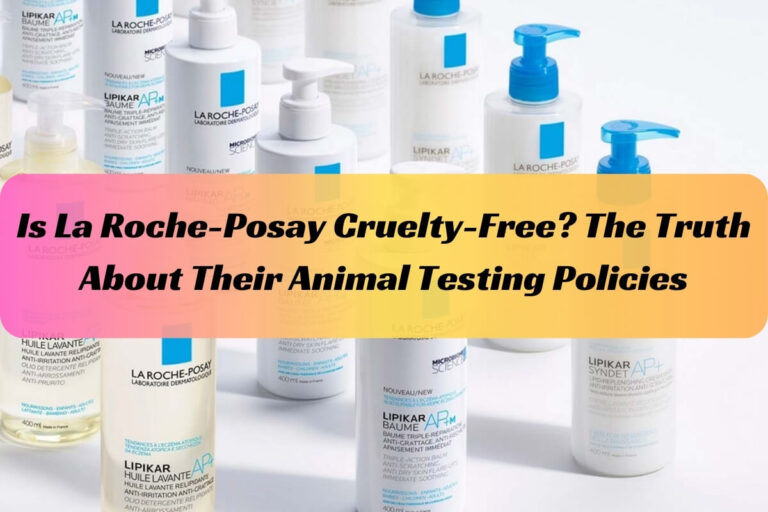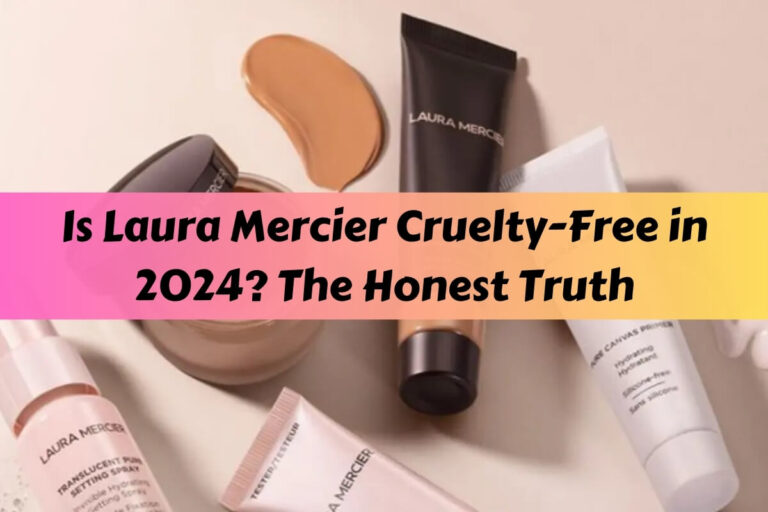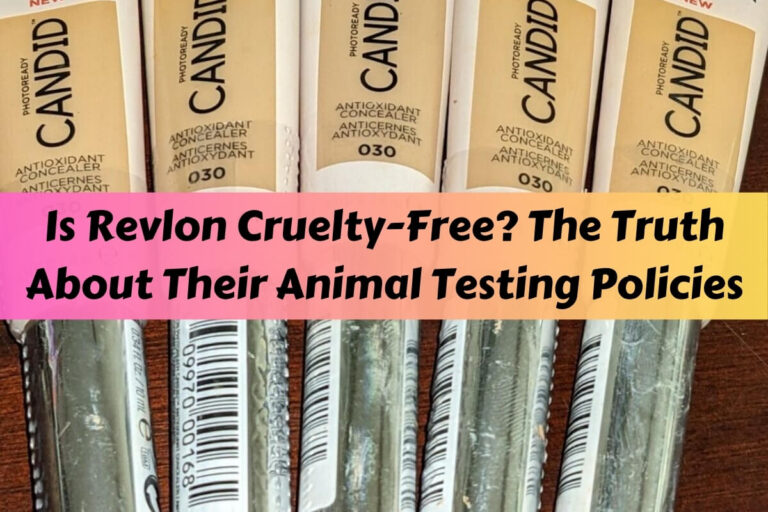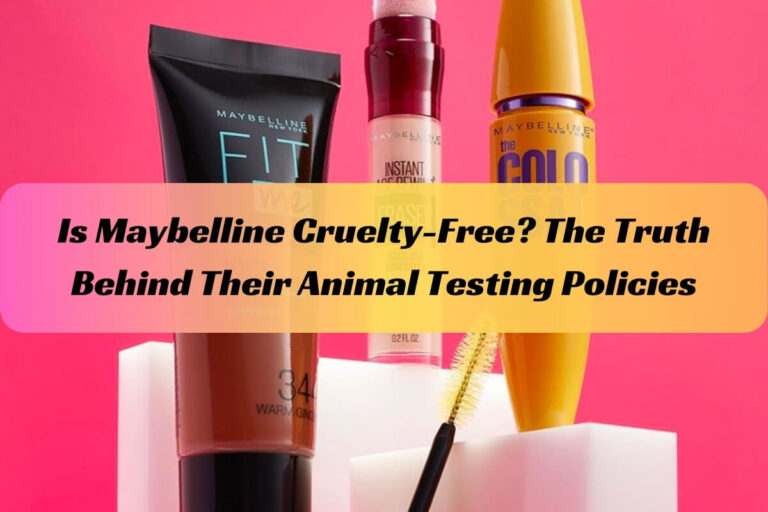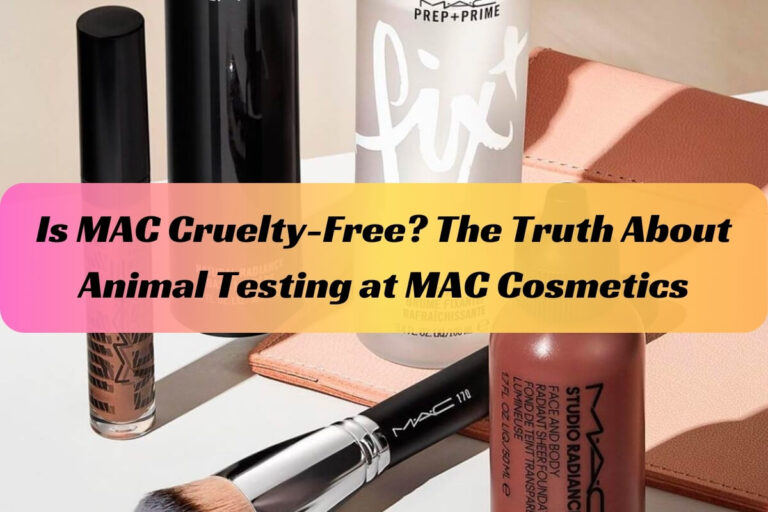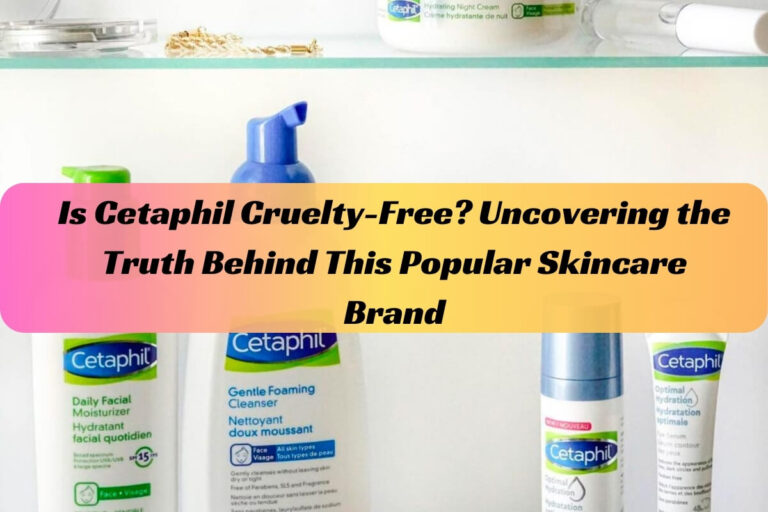Is CeraVe Cruelty-Free? Unraveling the Truth
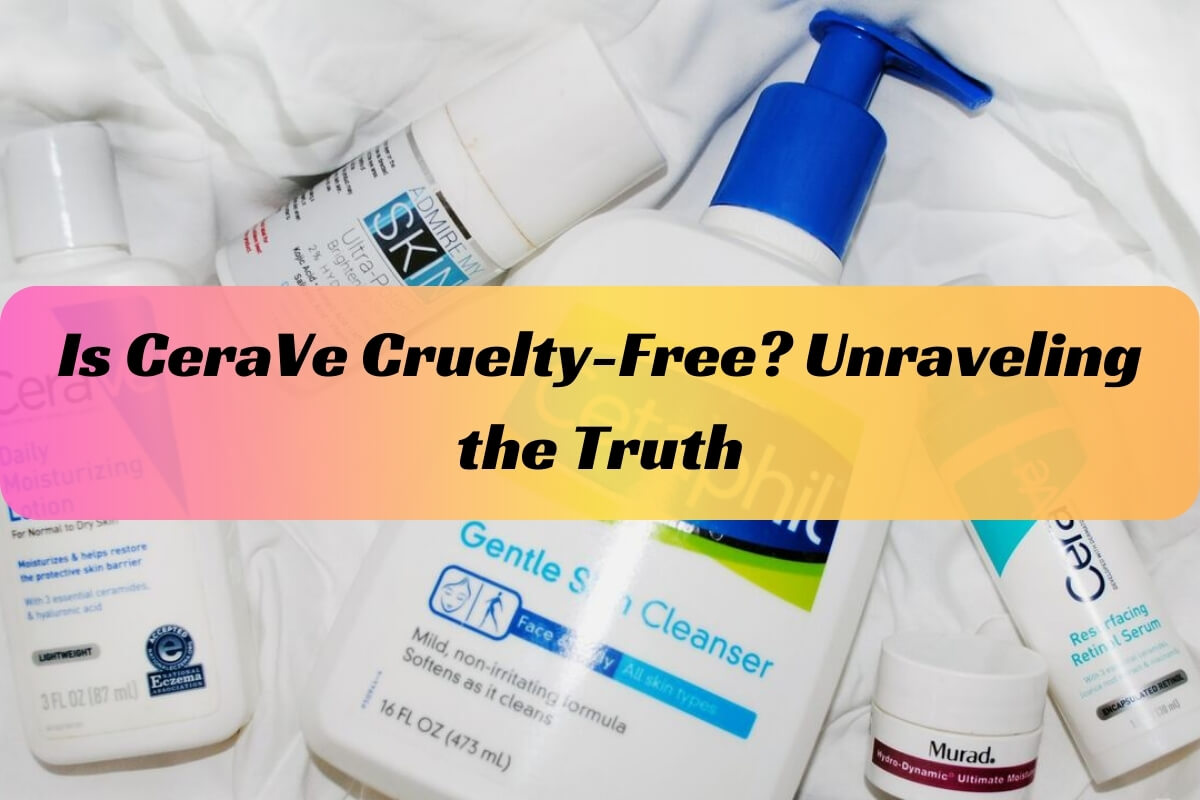
Like many conscious consumers, you want to ensure that the products you use are not tested on animals. CeraVe, a popular skincare brand, has been the subject of much debate regarding its cruelty-free status. This guide answers if CeraVe tests on animals.
We’ll explore CeraVe’s animal testing policies, its association with parent company L’Oréal, and its availability in countries where animal testing is mandatory. Additionally, we’ll discuss whether CeraVe products are vegan and examine the brand’s sustainability and ethical practices.
By the end of this article, you’ll have a clear understanding of CeraVe’s cruelty-free and vegan status, enabling you to make an informed decision about whether to support the brand or seek cruelty-free alternatives.
What Does “Cruelty-Free” Mean?
Before we delve into CeraVe’s cruelty-free status, it’s essential to understand what the term “cruelty-free” means in the context of cosmetics and personal care products.
A cruelty-free brand does not test its products or ingredients on animals at any stage of development. This includes not engaging in animal testing themselves, not hiring third parties to conduct animal testing on their behalf, and not sourcing ingredients from suppliers that test on animals.
A truly cruelty-free brand doesn’t sell products in countries like mainland China, where animal testing is required by law.
CeraVe’s Animal Testing Policy
CeraVe’s official animal testing policy states that the brand prioritizes consumer health and safety while supporting animal welfare. However, the policy also reveals that CeraVe engages in animal testing when required by law.
According to CeraVe’s statement, the brand itself does not test its products on animals. However, certain health authorities may require animal testing for certain cosmetic products, and CeraVe complies with these legal requirements.
CeraVe and Parent Company L’Oréal’s Practices
CeraVe is owned by L’Oréal, a global cosmetics giant that has faced criticism for its animal testing practices. While L’Oréal claims it no longer tests its ingredients on animals, the company admits to conducting animal testing when required by law, such as in mainland China.
L’Oréal’s animal testing policy states that the company does not tolerate exceptions to its rule of not testing on animals. However, the policy also acknowledges that certain health authorities may decide to conduct animal tests themselves for specific cosmetic products, as is the case in China.
CeraVe’s Availability in China and Mandatory Animal Testing
One of the most significant factors affecting CeraVe’s cruelty-free status is its availability in mainland China. Until recently, Chinese law required animal testing for most imported cosmetics, including skincare products like those offered by CeraVe.
By selling its products in mainland China, CeraVe indirectly contributes to animal testing, as its products were likely subjected to mandatory animal testing to meet the country’s legal requirements.
Is CeraVe Vegan?
While being cruelty-free focuses on animal testing, the term “vegan” refers to the absence of animal-derived ingredients in a product. Unfortunately, CeraVe cannot be considered a fully vegan brand.
Some CeraVe products contain animal-derived ingredients such as glycerin, cholesterol, lanolin (derived from sheep), and ingredients derived from bees, fish, or eggs. While the brand may offer some vegan products, it is not a 100% vegan brand.
CeraVe’s Sustainability and Ethical Practices
In addition to its cruelty-free and vegan status, it’s essential to consider a brand’s sustainability and ethical practices when making purchasing decisions.
CeraVe has a poor sustainability record. Most products come in non-recyclable plastic containers. Ingredients like dimethicone (palm oil derivative) and petrolatum (petroleum-derived) raise environmental concerns.
As for ethical practices, CeraVe’s parent company, L’Oréal, has received negative reviews from ethical consumer groups due to a lack of transparency in its supply chain. This makes it difficult to verify whether the ingredients used in CeraVe products are sourced ethically, without the involvement of animal, child, or slave labor.
Cruelty-Free and Vegan Alternatives to CeraVe
If you’re seeking cruelty-free and vegan alternatives to CeraVe, several brands prioritize ethical and sustainable practices. Here are a few options to consider:
- Versed: This cruelty-free and vegan brand offers a range of affordable and effective skincare products, including cleansers, moisturizers, and serums.
- Youth to the People: Known for its commitment to sustainability and ethical sourcing, Youth to the People provides cruelty-free and vegan skincare products that are also free from controversial ingredients.
- Glow Recipe: This cruelty-free and vegan brand focuses on harnessing the power of natural ingredients for healthy, glowing skin.
- Derma E: With a wide range of cruelty-free and vegan skincare products, Derma E is a popular choice for those seeking ethical and effective solutions.
When exploring alternative brands, be sure to check for reputable certifications from organizations like Leaping Bunny or PETA to ensure their cruelty-free and vegan claims are legitimate.
How to Identify Cruelty-Free and Vegan Products
As a conscious consumer, it’s essential to know how to identify cruelty-free and vegan products. Here are some tips to keep in mind:
- Look for certifications: Reputable certifications from organizations like Leaping Bunny, PETA, or the Vegan Society can help you quickly identify cruelty-free and vegan products.
- Read ingredient lists: Familiarize yourself with animal-derived ingredients to avoid, such as lanolin, beeswax, collagen, and carmine.
- Check brand policies: Visit the brand’s website and review their animal testing and ingredient policies to ensure they align with your values.
- Research parent companies: If a brand is owned by a larger parent company, investigate the parent company’s practices to ensure they are cruelty-free and vegan-friendly.
- Stay informed: Follow reputable sources and organizations that provide updates on cruelty-free and vegan brands, as well as changes in laws and regulations related to animal testing.
By educating yourself and remaining vigilant, you can make informed choices and support brands that prioritize ethical and sustainable practices.
In conclusion,
while CeraVe offers affordable and effective skincare products, the brand’s cruelty-free and vegan status is questionable. Due to its association with parent company L’Oréal, its availability in mainland China (where animal testing was mandatory until recently), and the presence of animal-derived ingredients in some of its products, CeraVe cannot be considered a truly cruelty-free or vegan brand.
The decision to support CeraVe or seek alternatives is yours as a conscious consumer. Stay informed, read ingredient lists, and research brand policies to make choices that align with your values and support a more ethical and sustainable beauty industry.
Remember, every purchase is a vote for the kind of world you want to live in. By supporting cruelty-free and vegan brands, you can help create a future where animal testing is a thing of the past, and sustainability is the norm.
